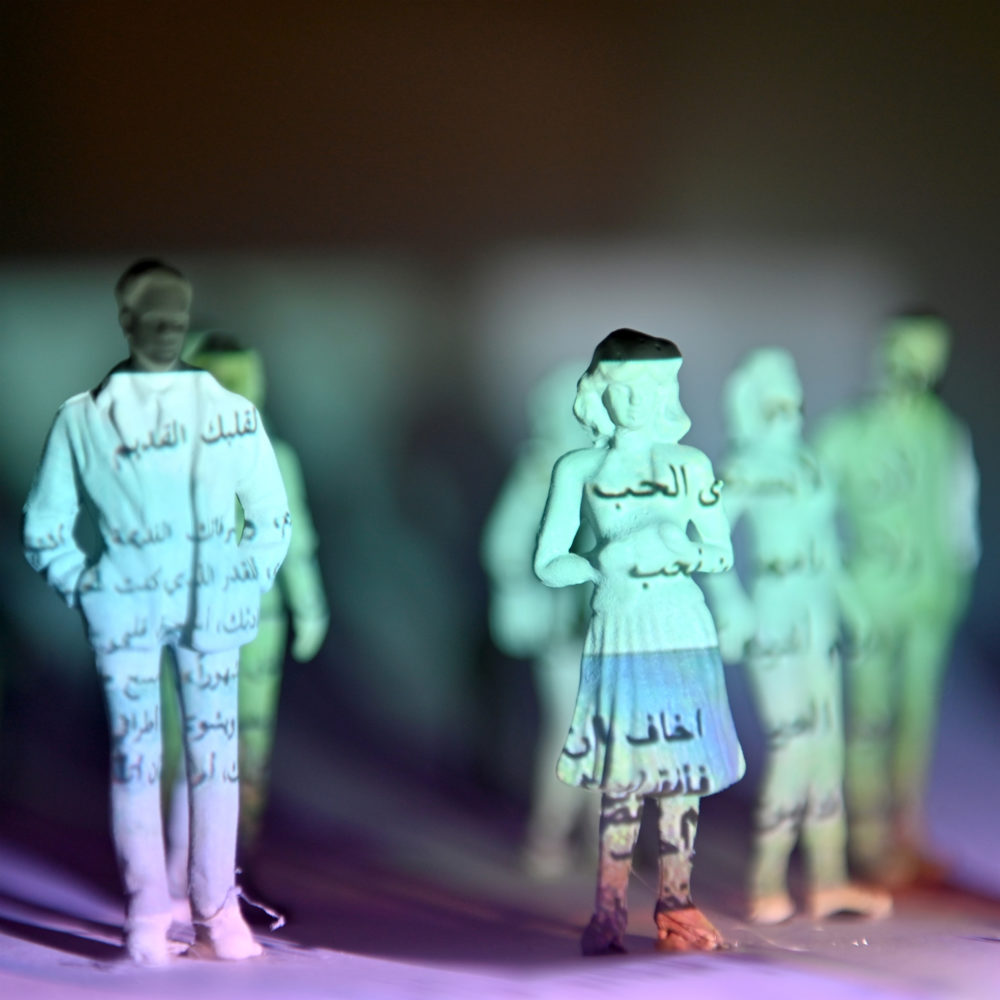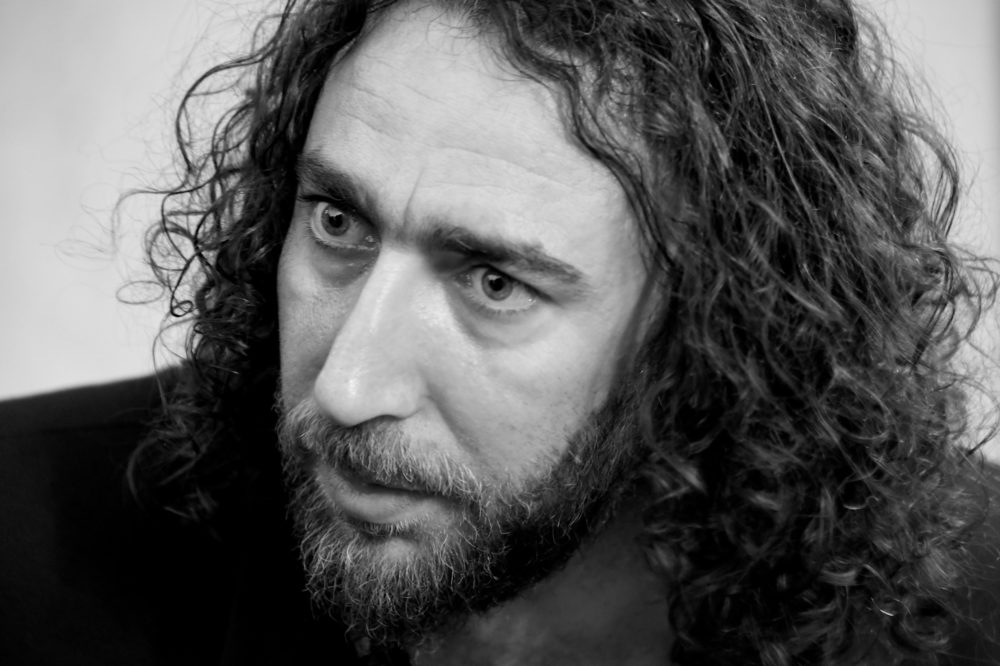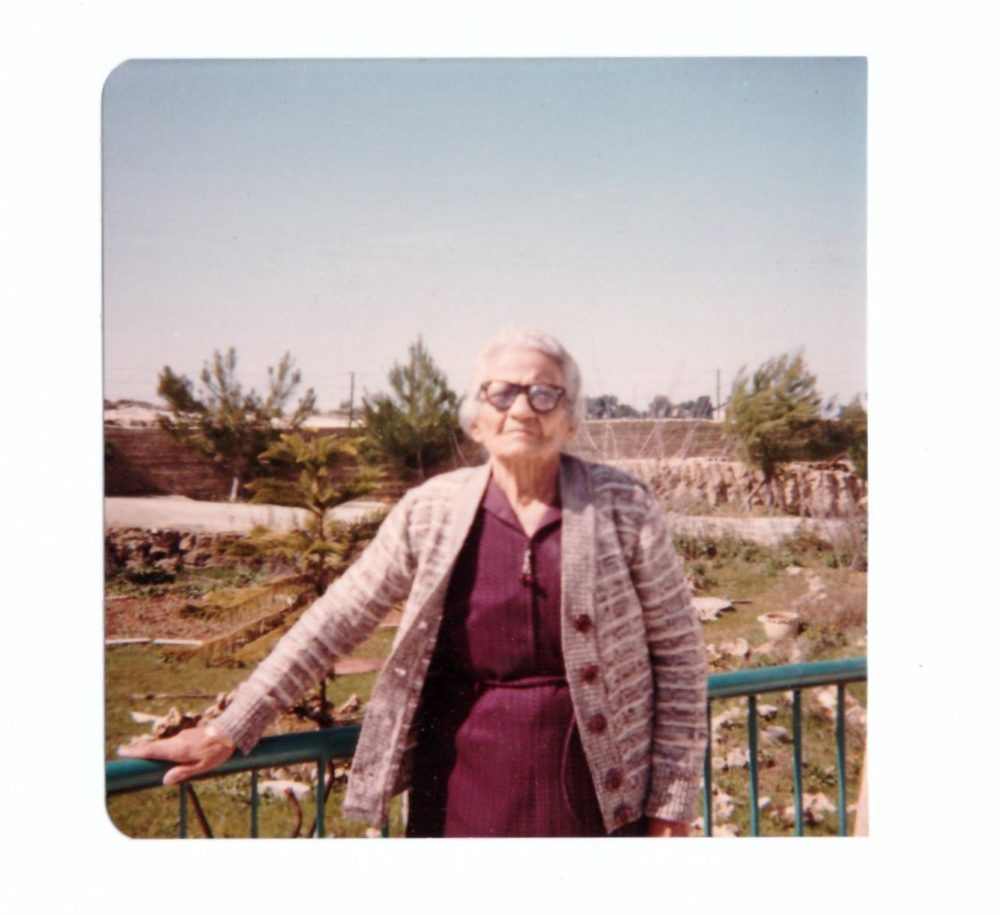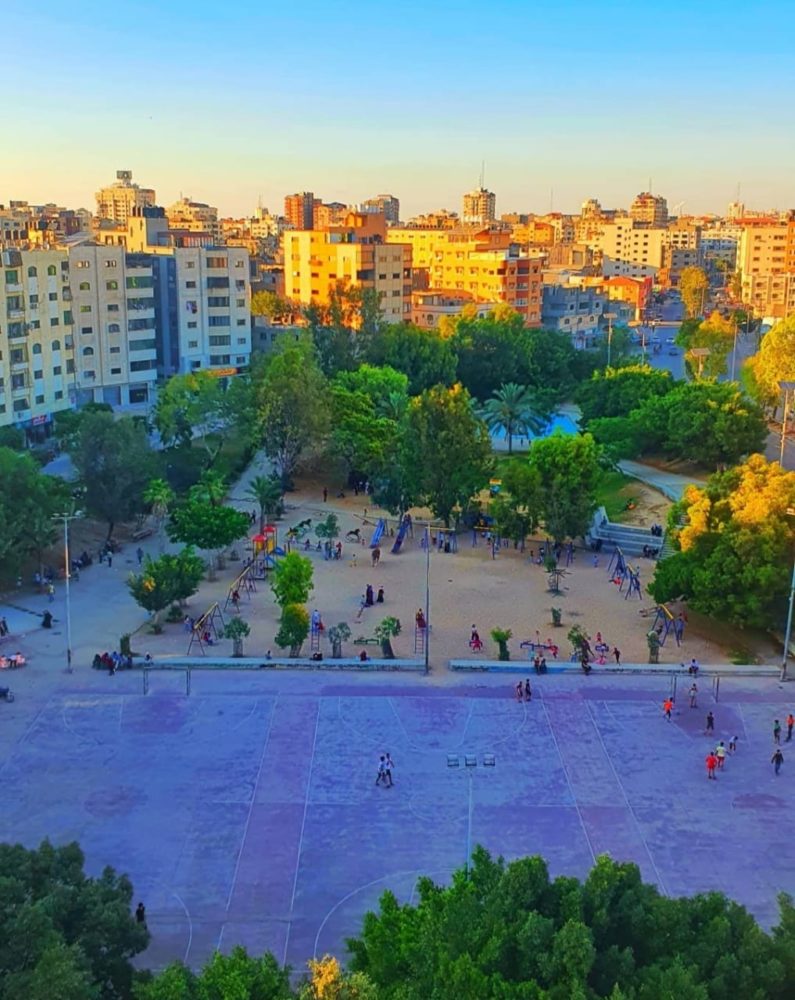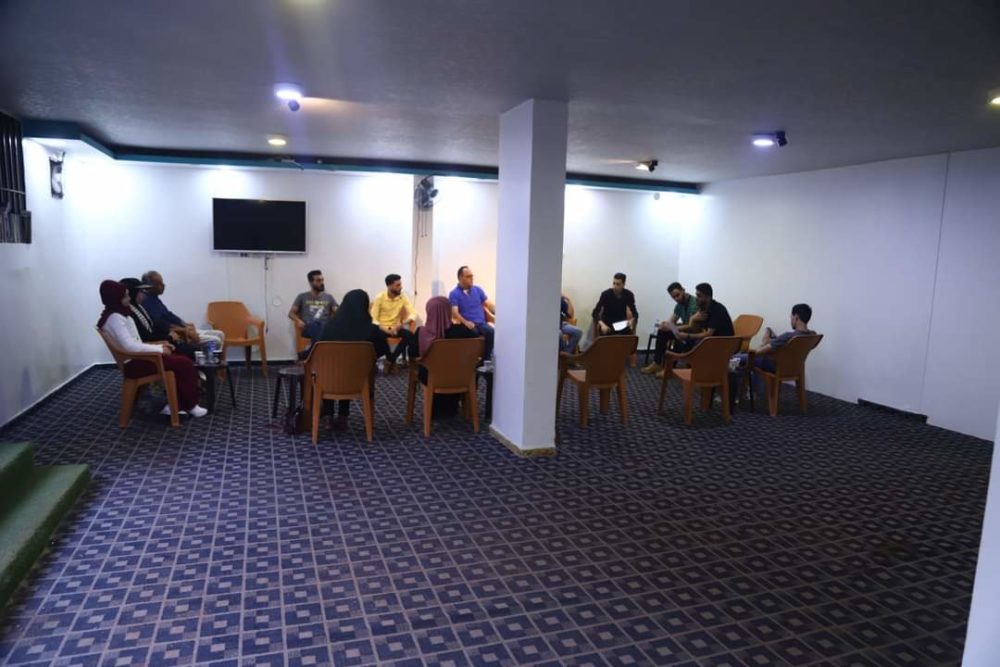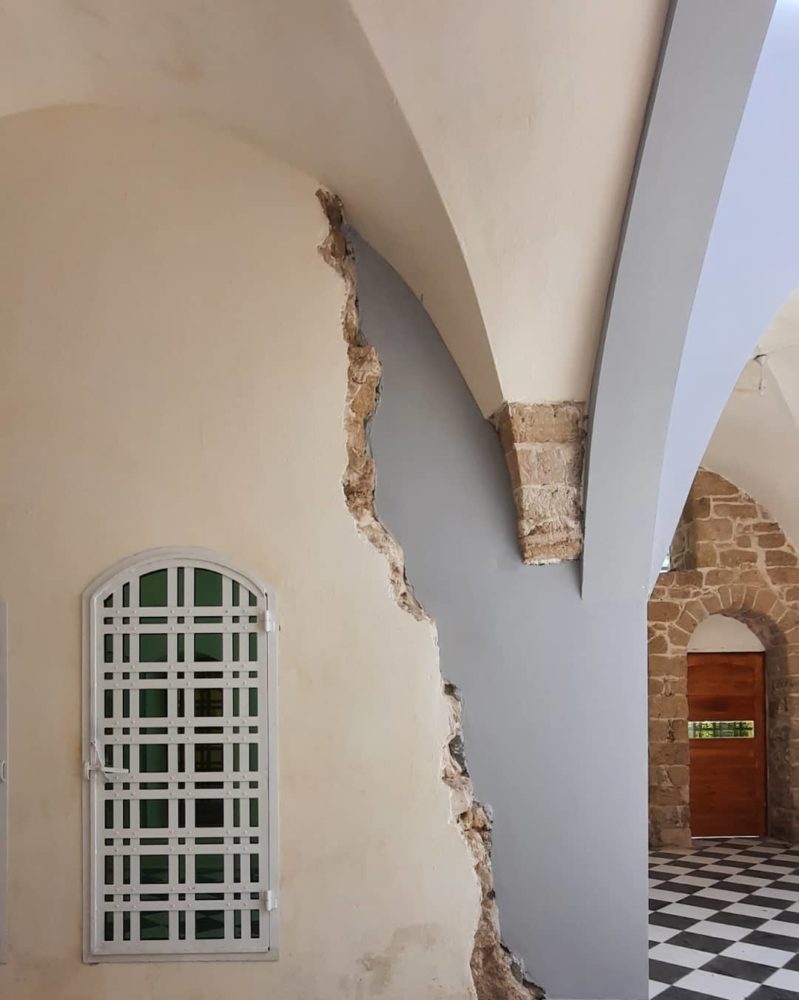Due to the 12-year blockade of the Gaza strip and the impact on its two million residents, the people of Gaza have been relying heavily on transmitting to achieve what they are unable to achieve by any other physical means. For them, transmitting no longer is a telecommunication term used to describe the essence of a communication process. Instead, it has become a powerful tool for resisting.
Resisting the vicious reality–primarily caused by the ongoing siege–, and resisting the common stereotypes related to Gaza–such as generally being portrayed as a place of continual bombardment and a very low, almost non-existent, standard of living–, the fourth edition of the New Alphabet School aspires to explore transmitting as not only a means of expression through technology, but also a space of transferal, translation and communication in poetry, music and literature. In enabling new, unprecedented spaces of interaction between otherwise separated locations (Gaza, Berlin and many others), social geographies and forms of expression, this edition tries not only to think, talk and discuss through transmission, but to also shed light on the cultural, artistic and creative aspect of life in Gaza and beyond.
The Event
#4 Transmitting
With Mahmoud Al-Shaer (28 magazine), Munir Fasheh, Meena Kandasamy, Adania Shibli, Ghayath Almadhoun and others
In this piece by Mohammed Alzaqzouq, he takes the creative self as a point of departure for Palestinian poets and writers who are often pigeon-holed into discourses of struggle and oppression before they are addressed as creatives. He includes pieces by Mohanad Younis, Hamed Ashour, Anis Ghunayma, and Nidal al-Faq’awi to evince this point—showing his readers how language can be yielded to present oneself and one’s art in their own vocabulary.
read more“I thought that I would not be able to write a letter about corona, and here I am writing it after all. . .”
read more“Math was necessary for my mother in a much more profound and real sense than it was for me. Unable to read or write, my mother routinely took rectangles of fabric and, with few measurements (using chalk), cut them and turned them into beautiful, perfectly fitted clothing for people. In 1976 I realized that the math she was using was beyond my comprehension. Moreover, although math was a subject matter that I studied and taught, for her it was basic to the operation of her understanding. What she was doing was math, in the sense that it embodied order, pattern, and relations.”
read moreHow is personal memory a form of resistance? Rasha Hilwi, a writer and journalist based in Amsterdam, tells the story of how she found love and explains why, especially in light of looming catastrophe, there is nothing clichéd about that.
read more“Gaza is a city that I have repeatedly tried not to describe on paper, yet it possesses me like a demon, an illusion, or a diseased imagination. I try to ease my isolation by defining the siege to you reader.” (Saleh K. Abu Shamala)
read more“Simply put, a mujaawarah is a group of people who want and decide to be together, with no authority within the group and no authority from outside.” In this essay mathematician and learning theorist Munir Fasheh reflects on the role of Mujaawarahs in his life and on gathering outside of institutional hierarchical structures as a means of political resistance in Palestine.
read moreHow is life in Gaza strip affected by the pandemic? In this essay, Mahmoud Al-Shaer, editor of 28 magazine and curator of the Transmitting edition of HKW’s New Alphabet School, attempts to transmit his feelings in light of the spread of Corona virus around him.
read moreAdania Shibli’s text traces a Palestinian young man’s desire of going to the sea, only to be faced with multiple impossibilities. The text was commissioned and first published by the Qalandiya International Biennial, 2016.
read more